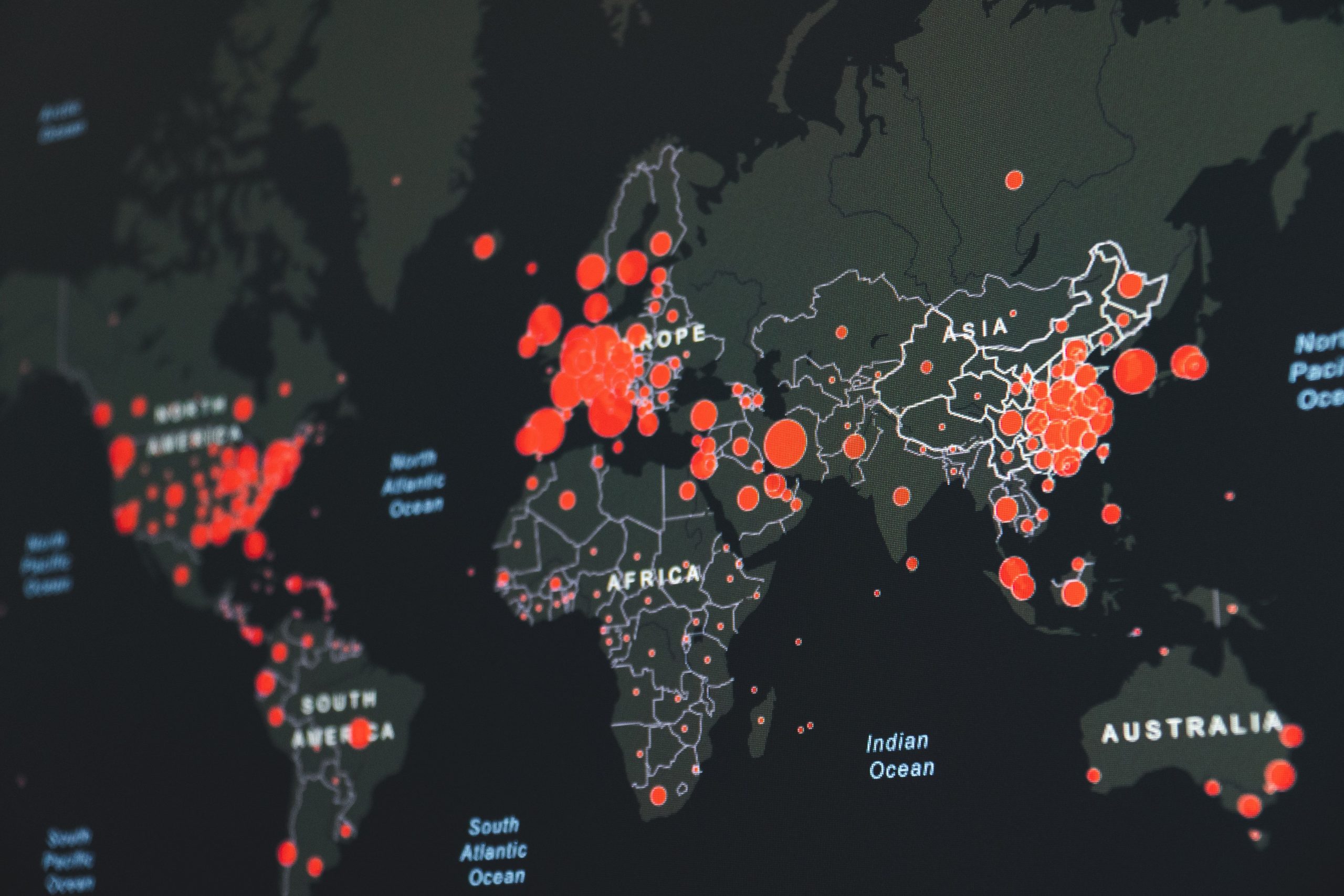On Monday, Austria re-imposed a nationwide lockdown as the country continued to see a record number of COVID-19 infections. This comes just days after it was announced that from February of next year, COVID-19 vaccination would be a legal requirement.
On Monday, German Chancellor Angela Merkel said that stricter restrictions were needed to stop the coronavirus from spreading further. Germany, like Austria, is currently experiencing the worst of the pandemic. Other European countries, such as the Netherlands and Slovakia, have banned non-vaccinated people from entering non-essential stores and shopping malls as of Monday. People without vaccination have also been asked not to make appearance in public events or gatherings, and to test themselves at least twice a week just to get to work.
Also Read | US to boost funding for vaccine production, increase global sharing
The current outbreak of infections in Europe is being blamed on a number of factors, some of which are distinctive, despite high vaccination rates in several countries. However, it also has lessons for the rest of the world, including India: a prolonged lull, as well as high vaccination rates, are no guarantee against the disease’s resurgence, as scientists have repeatedly stated, which is often overlooked by populations eager to return to normalcy.
Winter resurgence
According to Virander Singh Chauhan, a scientist and former director of the International Centre for Genetic Engineering and Biotechnology in Delhi, an increase in cases in Europe during this time of year isn’t surprising. “The onset of winter plays a role, though no one can predict how big or small the surge would be. It is not that this virus spreads faster in winters… there is no evidence for that. But most of the activities happen indoors because of the low temperatures. And that kind of setting is conducive for transmission,” he told The Indian Express.
Also Read | Cured or dead, all Germans will be vaccinated: Health Minister
As a matter of fact, the current resurgence has coincided with Europe’s gradual opening up following a relatively calm summer. For example, the UK hosted the annual climate change conference in Glasgow earlier this month, which drew a record number of attendees, surpassing previous high-profile climate meetings in Paris in 2015 and Copenhagen in 2009. The two-week conference drew more than 30,000 people, making it the largest meeting of its kind ever held in the United Kingdom. Despite the fact that attendees were only allowed to enter after passing a daily test, the conference is said to have resulted in several infections; the number was never revealed despite repeated requests.
Breakthrough infections
For a long time, scientists have emphasised that none of the current COVID-19 vaccines provides 100% protection against infection. They’re only good for preventing or reducing serious illness, hospitalisation, and death. This has been seen not only in Europe, but also in other parts of the world, such as the United States, where there have been significant increases in recent months. The number of hospitalizations and deaths has not increased in lockstep with the number of cases.
Also Read | Traffic light system: New Zealand to try new tactic against COVID
However, based on the figures reported from Europe, the proportion of breakthrough infections is likely to be very high, especially when compared to countries like India.
Vaccine hesitancy
Vaccination rates of 60% or higher have been achieved in the majority of European countries. People who are sceptical of vaccines have been pushing back in the last few months. In several European countries, the anti-vaccine population makes up a sizable portion of the population. Ironically, as the number of cases has increased, both among vaccinated and unvaccinated people, those opposed to vaccines have gained more ammunition to argue that vaccines are ineffective.
It’s a vicious cycle, with anti-vaccination sentiment growing in some areas. It has already sparked demonstrations in a number of cities, including several days of violent clashes with law enforcement in Brussels. There is a strong pushback against the lockdown and necessary vaccination even in Austria, according to reports.







